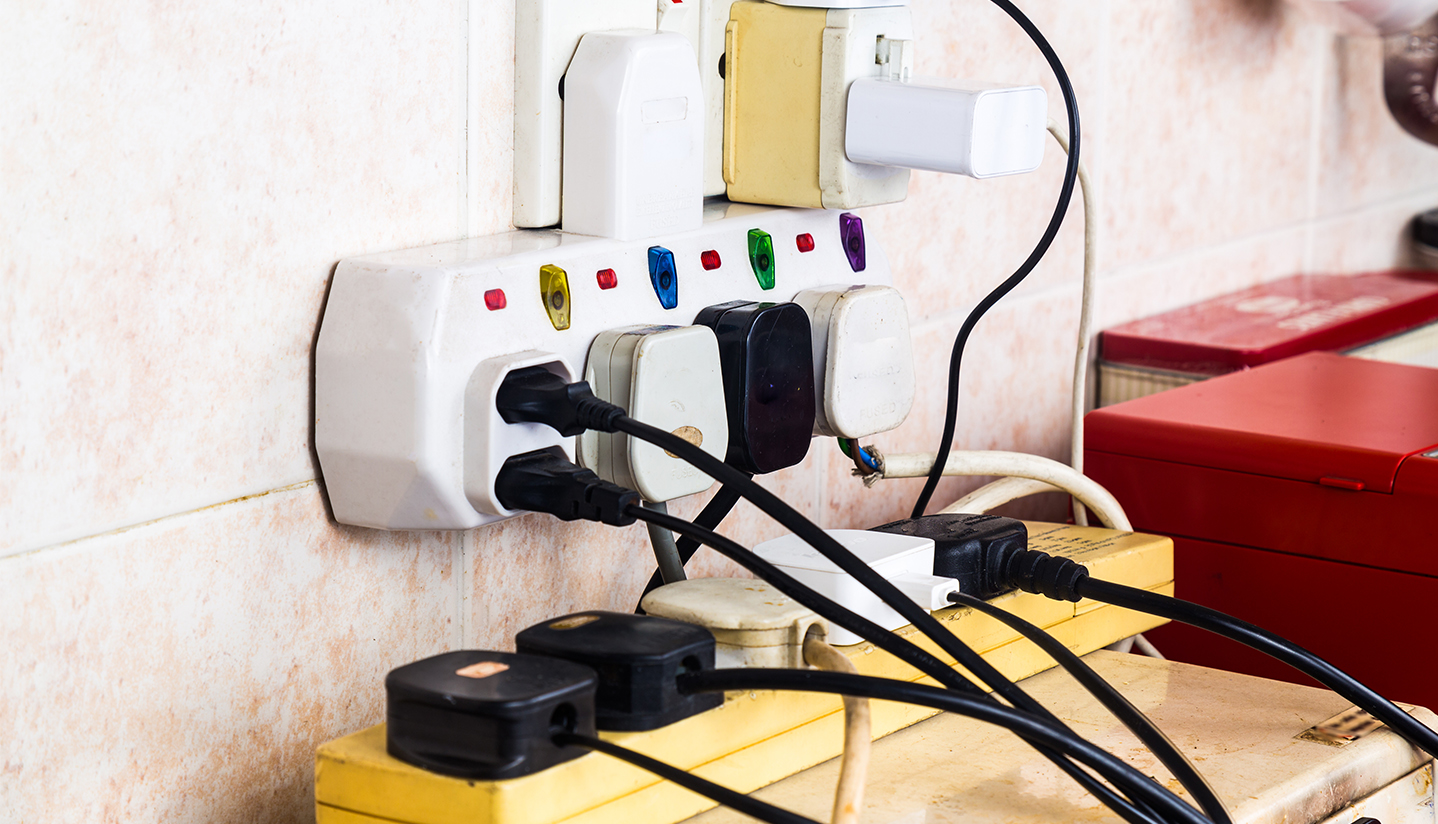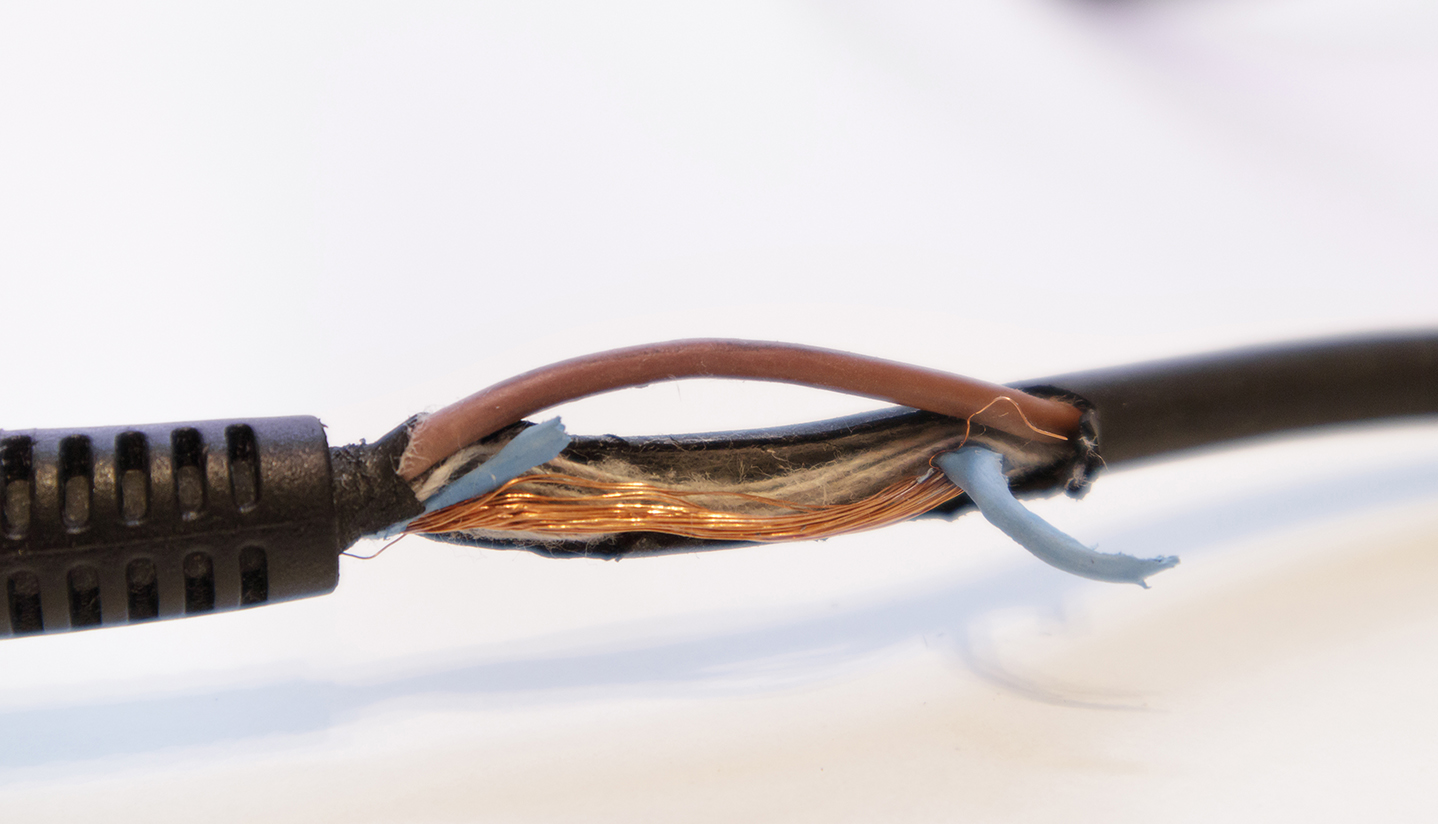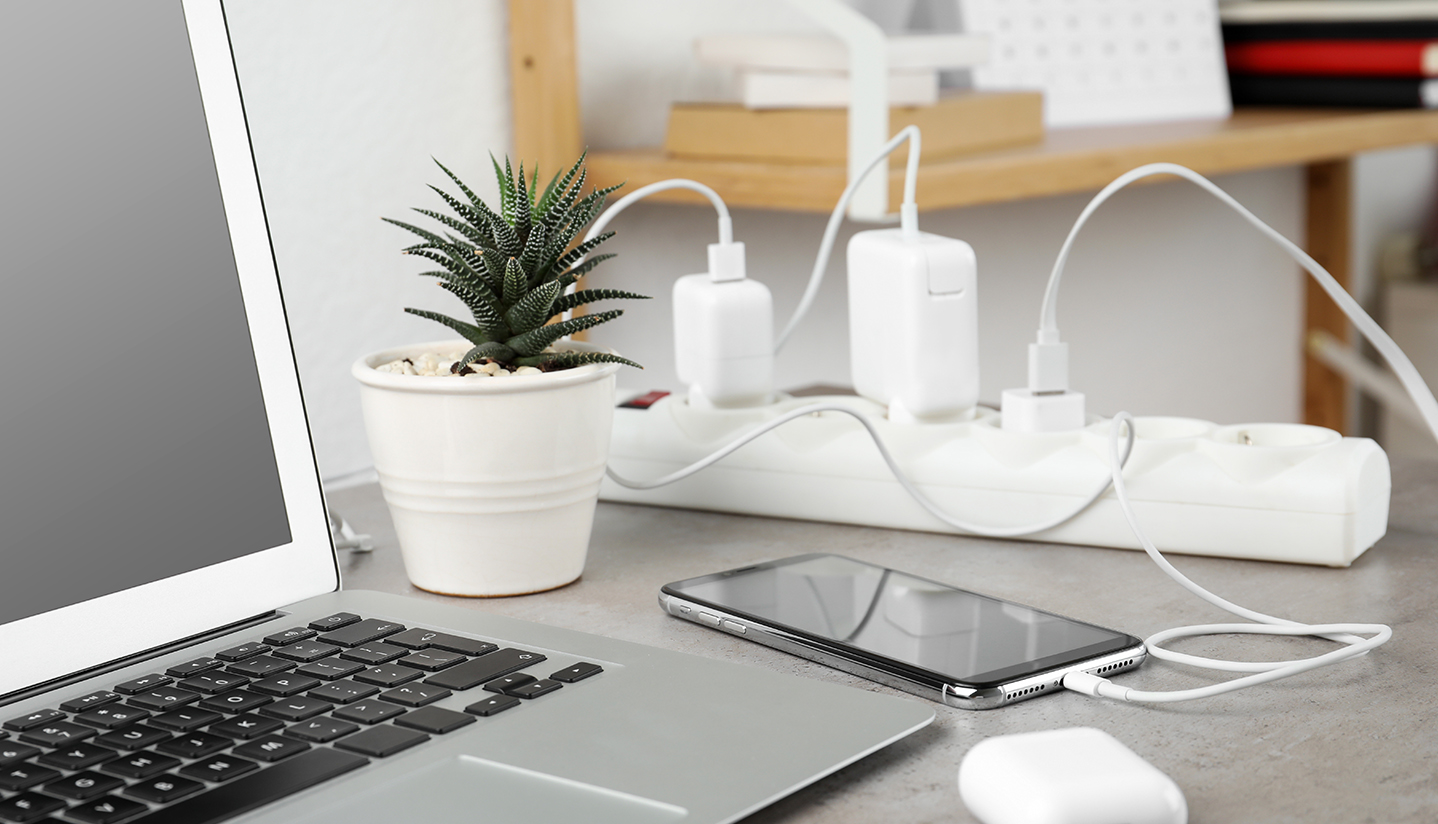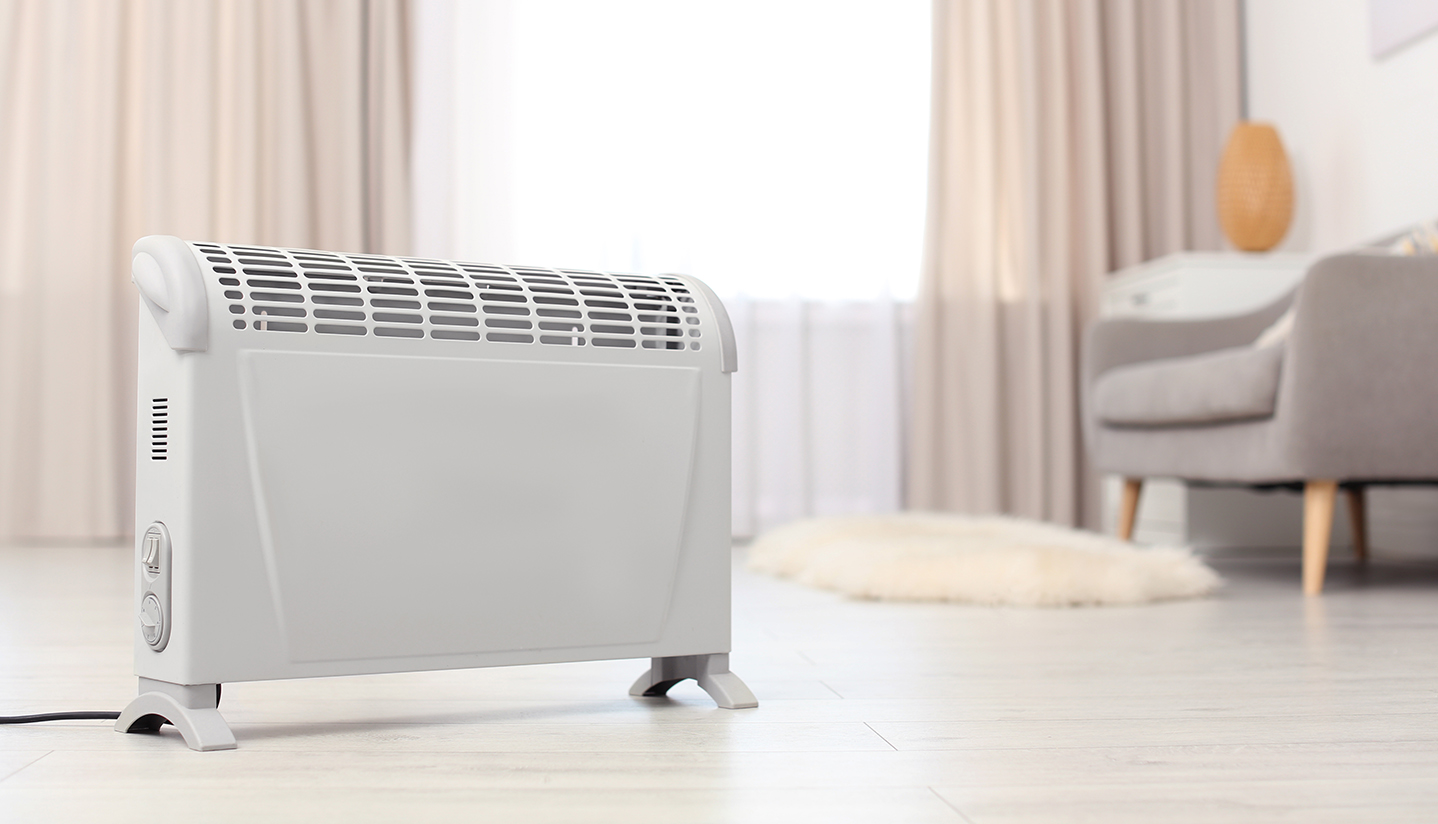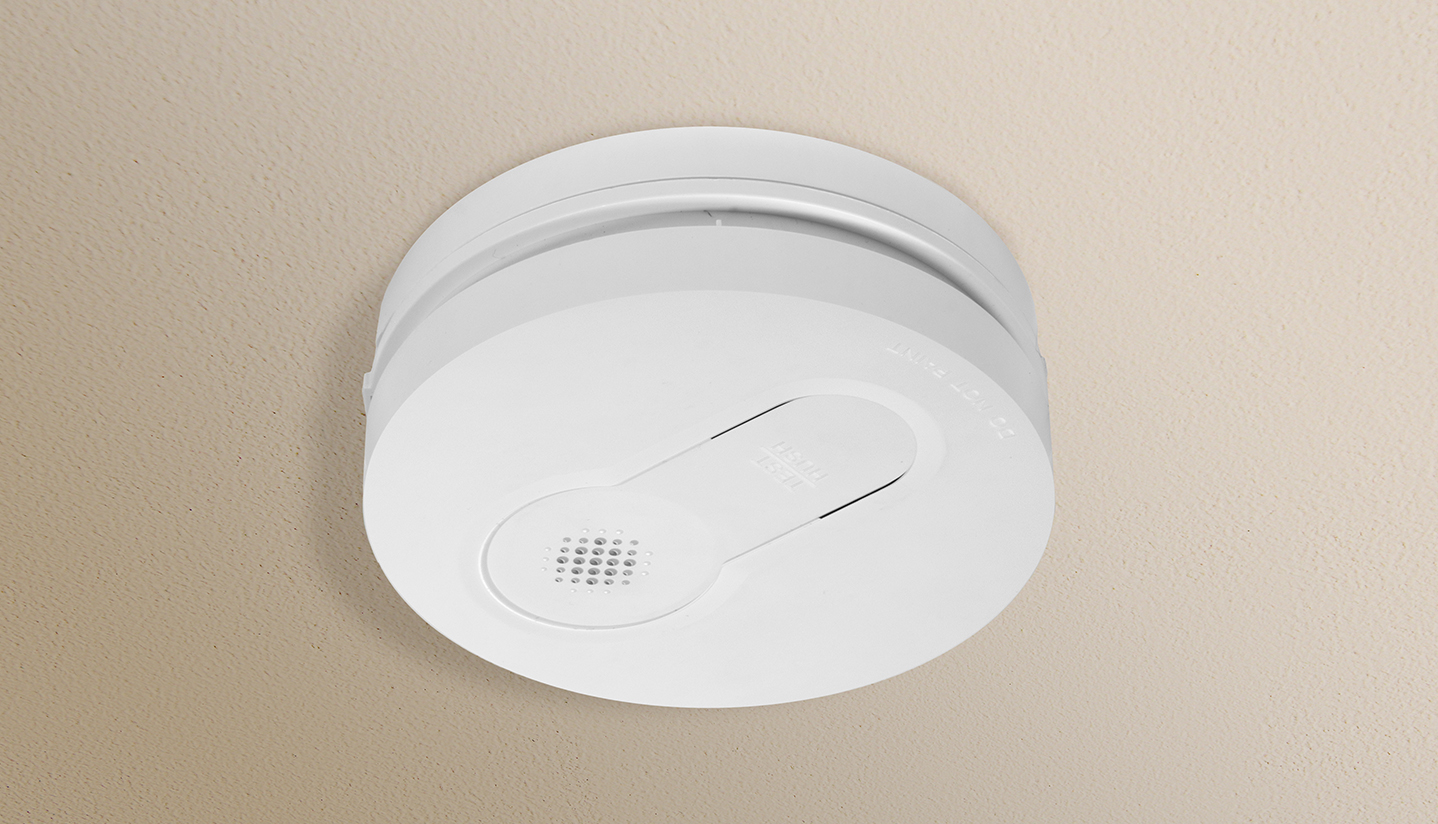
Electrical Safety
Masterplug offers a comprehensive range of safety devices designed to safeguard against electrical mishaps.
Electrical safety is paramount in any environment, whether it's a home, office, or industrial setting. Electrical fires are becoming increasingly common as we have greater and growing need to charge and power our various appliances and devices. The average home has 7.4 internet connected devices which could lead to the temptation to overload plug sockets. This is only one of several common causes of electrical fires in the home.















